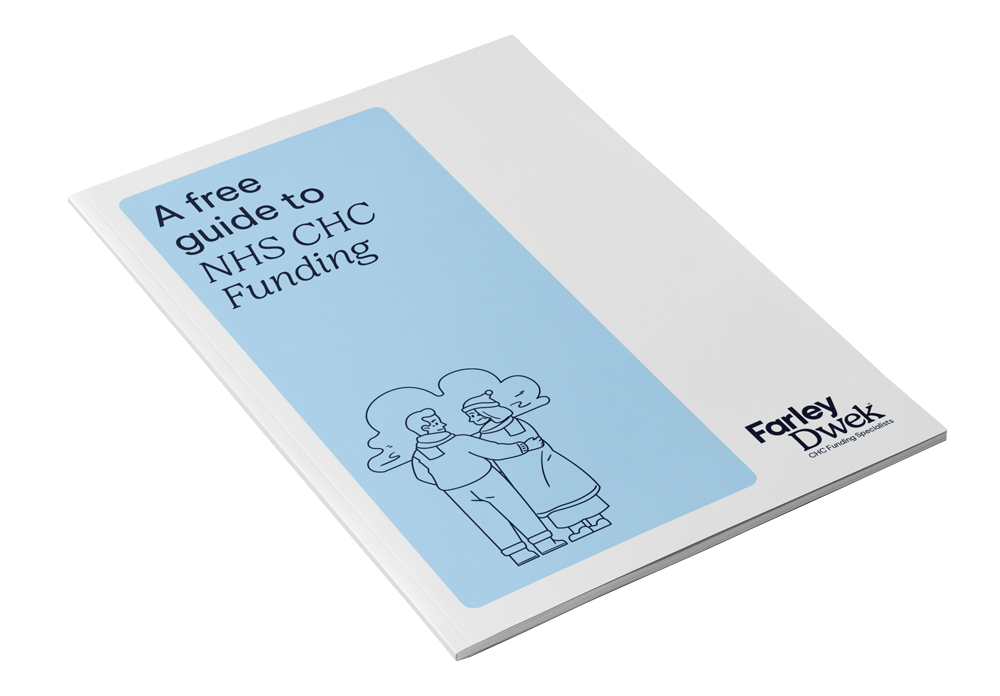Falls in Hospital
Accidents where safety should be guaranteed
If you are at a high risk of falls and have fallen as a hospital inpatient, you may be entitled to compensation.
When a person goes into hospital, a falls risk assessment should be completed upon admission and reviewed regularly thereafter to ensure it remains accurate. The purpose of a falls risk assessment is to prevent falls by ensuring an adequate level of care is provided, at every stage of the patient’s recovery.
Often, following surgery, the sedative effects of anaesthesia or strong painkillers remain in the patient’s system, and further sedatives/pain relief may be required as they recover. Patients can suffer from high temperatures, fever, delirium and hallucinations; they may feel groggy, dizzy, ‘fuzzy’ or ‘out of it’, and can be very disorientated. At this point, they are more vulnerable to tripping over or falling out of their hospital bed. Such incidents should never occur.
Common injuries due to falls in hospital include head and facial injuries, limb fractures and dislocated joints. The elderly, frail and vulnerable are at greater risk of falling; unfortunately, some injuries affecting mobility (e.g. fractured hip) are often untreatable in fragile patients. The resultant immobility can lead to a rapid decline in their overall health, and the permanent loss of their independence.
If you have fallen over in hospital, or out of a hospital bed, you may be entitled to compensation. We have extensive experience and knowledge in this field and can give you the specialist support you need for a successful outcome.



